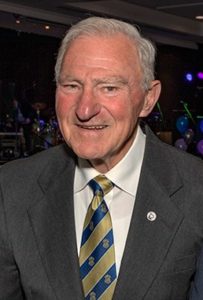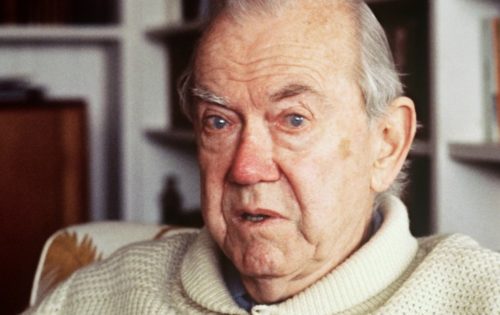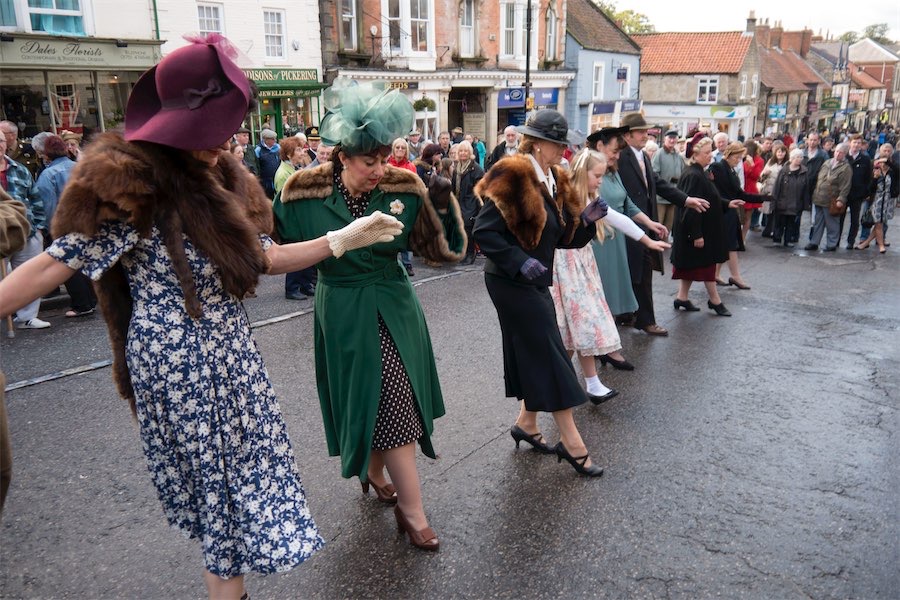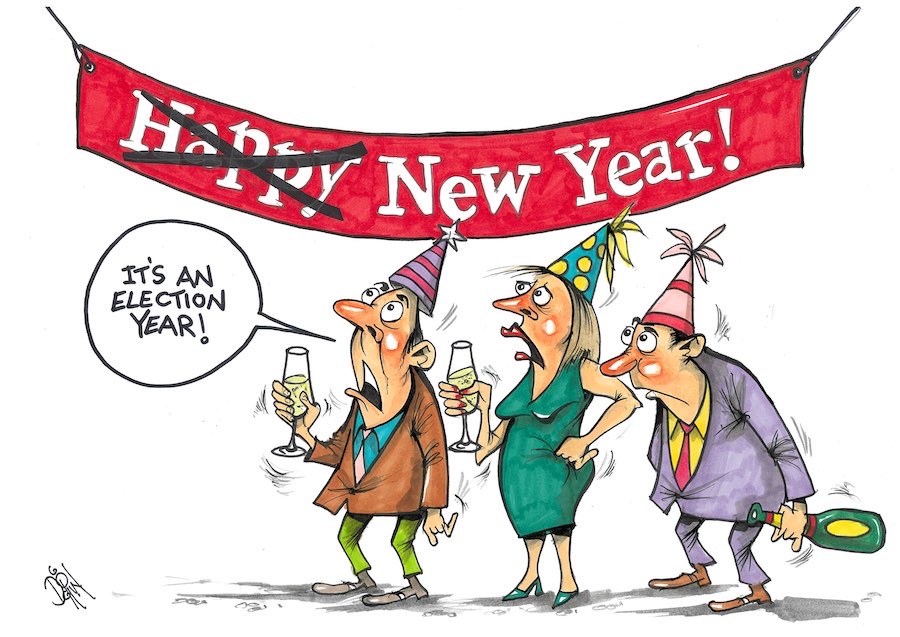“It is vital that those of us who are secure in our faith have a very real understanding of the struggles of those who are damaged or wounded,” writes Bishop PAT POWER.
I WAS a schoolboy when I was introduced to Graham Greene through “The Power and the Glory”.

I struggled along with the main character, a “whisky priest”, eventually recognising the triumph of God’s grace amidst the weaknesses and struggles of human nature.
Over the years, I was entranced by many of his novels right through to his last, “Monsignor Quixote“. Many of Greene’s writings are rather grim, not dissimilar to “Mystery Road”, screened on ABC TV (in fact, I gave up watching it for that reason). But there is a delightful lightness in “Monsignor Quixote”, Graham Greene’s last great novel, which is the story of Sancho, the Communist mayor, just voted out of office, and his old fashioned parish priest, Monsignor Quixote, in trouble with his bishop.
I enjoyed even more the film version where Sancho was played by Leo McKern (Rumpole of the Bailey) and Monsignor Quixote by Sir Alec Guinness.
The unlikely pair take a car trip across northern Spain in Monsignor Quixote’s quaint little car. It turns out that Sancho spent time in the seminary studying for the priesthood but ended up embracing Marxism as his religion.
There is a deep friendship between the two great characters expressed in the wonderful dialogue between them as they debate the great questions of life and where God fits into it all. Their discussions are well lubricated by a good quantity of Spanish wine which Sancho had thoughtfully prepared for the journey. They find themselves in some awkward situations, sometimes involving the police.
Nearly 30 years ago, I was asked to write a piece on Graham Greene for “The St Vincent de Paul Profile”.
I opined: “Many of Greene’s characters were sinners, but they were also searchers. Undoubtedly, they reflected much of the tension within the author himself. He felt that made him less of a Catholic. I personally found those characters attractive because there is much about them with which we can all identify, if we are honest enough to admit it.

“I suppose I must acknowledge, too, that I have an admiration for the ‘little people’ who are brave enough to poke fun at the establishment occasionally.”
When invited to write this piece for “CityNews”, I was asked: “Is there a Christian future? How much of the Christian church’s own moral/human failings are to blame? And in times of crisis, like these dreadful recent months, are people turning towards or away from the spiritual comfort of faith?”
Others may be in a better position than I am to describe the impact on our faith of what is happening in our world right now. So much will depend on how it personally affects us as individuals or as families.
The media has brilliantly depicted the whole gamut of stories and the good and the not-so-good in the human response.
In recent days, I presided over the funeral at Michelago of a dear friend of mine, not much older than me and a much loved mother of six children. Even within the limitations currently imposed on funerals, the faith and love of the family was palpable.
Yet I can easily imagine in other circumstances of grieving there could be deep anger – towards God, fellow family members, the government etcetera.
Sometimes, we can best help simply by listening with understanding and compassion rather than trotting out simplistic solutions. I know that many counselling and help-line agencies are doing exactly that.
Remembering is a vital part of our faith-life: to recall those times when we have personally experienced God’s love, often through the kindness and care of others; the times when we have been confronted by seemingly insurmountable problems, but eventually not only survive but even grow in the process.
When the Second Vatican Council dealt with atheism in the mid-1960s it accused believers of causing people to turn away from God because of the inconsistencies in their own life. How alarmingly true is that today with the terrible scandals emerging around child sexual abuse and other forms of abuse. This is particularly pertinent to the Catholic Church which historically has placed so much emphasis on sexual morality only to fail dismally in recent times.
Is there a Christian future? Jesus said of his followers “I have come that they might have life and have it to the full”. In order to promote such life it is vital that those of us who are secure in our faith have a very real understanding of the struggles of those who are damaged or wounded.
This is not a time for preaching or lecturing, but an opportunity to reach out to others in a spirit of welcome and acceptance. And finally to say sorry and to really mean it by making restitution in every way possible.
Pat Power is auxiliary bishop emeritus of Canberra and Goulburn and Canberran of the Year, 2009.
Who can be trusted?
In a world of spin and confusion, there’s never been a more important time to support independent journalism in Canberra.
If you trust our work online and want to enforce the power of independent voices, I invite you to make a small contribution.
Every dollar of support is invested back into our journalism to help keep citynews.com.au strong and free.
Thank you,
Ian Meikle, editor




![Canberra’s woodchopping association – the Hall and District Axemen’s Club – is rebranding to Capital Country Woodchopping.
“We didn’t want to be exclusively a Canberra association and we deliberately left any gender-specific wording out in the new name,” says president Cheyanne Girvan, 32.
“We also went a different [way] to other associations under NSW by not including ‘association’ in our name.”
Four years ago the Hall and District Axemen’s club’s membership was 25.
Cheyanne says this name change will give the club the versatility to grow into other areas and on to greater things.
To read on about Cheyanne's story with the woodchoppers, visit our website at citynews.com.au or click the link in our bio!
@@capitalcountrywoodchopping
#woodchopping #woodchoppinggirl #woodchoppingaustralia #axemen #axewomen #woodcutter #canberrastories #storiesthatmatter #citynews #journalism](https://citynews.com.au/wp-content/plugins/instagram-feed/img/placeholder.png)
Leave a Reply